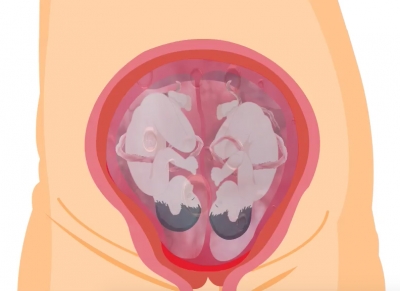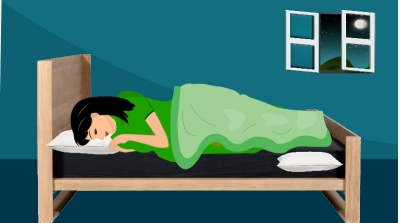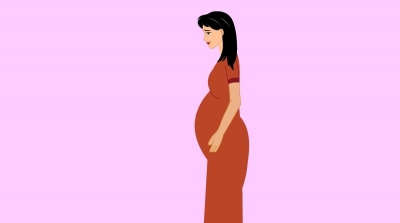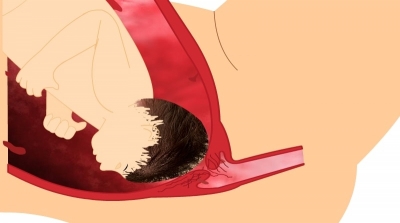Vasopressin also plays an important role during birth. The hormone is believed to have analgesic effects, as during natural delivery its levels increase extremely sharply. A new study - led by researchers from the Medical University of Vienna in Austria - examines how the two hormones work in both insects and humans. The research also explores the therapeutic effect of a synthetic equivalent of the two hormones.
Both vasopressin and oxytocin are neuropeptides. Like oxytocin, vasopressin is also thought to stimulate contractions during delivery. So far medical scientists have identified four brain receptors that respond to the two neuropeptides: one oxytocin receptor (OTR) and three vasopressin receptors (VR) - VR1a, VR1b, and VR2. Inocitin is similar to Oxytocin produced in arthropods like ants. Inotocin activated the V1b receptor but inhibited the V1a. Then, Gruber and team tested the inotocin ligand on human uterine tissue and found that it successfully inhibited muscular contractions. Thus through this research, scientists were able to find out that an oxytocin-vasopressin receptor inhibitor could prevent unwanted uterine contractions in preterm labor.
The study was published in the journal Scientific Reports.
Ref : https://www.medicalnewstoday.com/articles/315679.php?sr
[quix id='8' name='About our Pregnancy Blogs and Videos']






